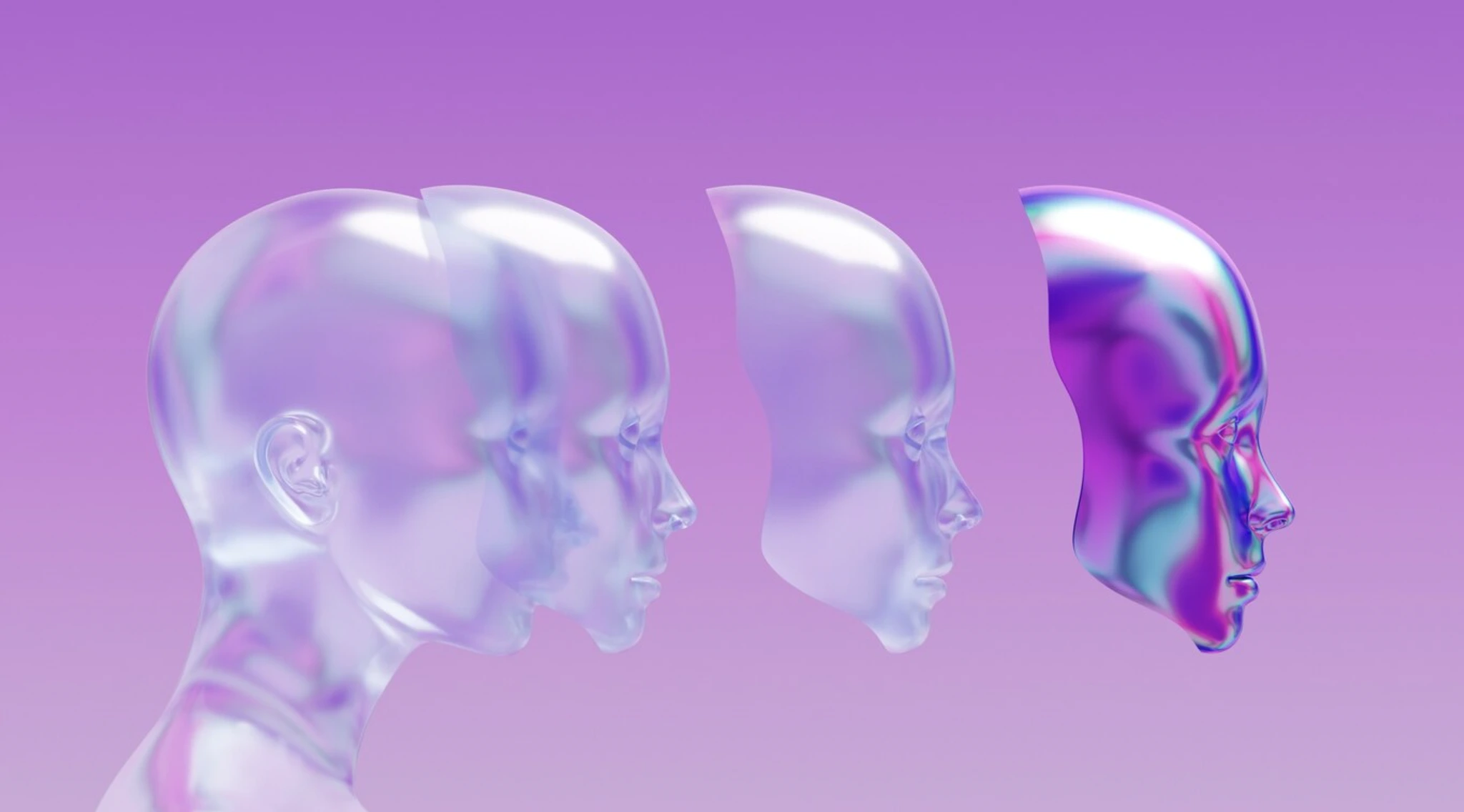
Image by pikisuperstar, from Freepik
UK Considers New Legal Protections Against AI Cloning Of Celebrities
The UK government is exploring new legal measures to protect celebrities and public figures from having their likenesses mimicked by AI, as reported by Politico.
In a Rush? Here are the Quick Facts!
- Proposed changes could allow AI companies to use copyrighted works unless rights holders opt out.
- A new “personality right” could protect public figures from AI mimicking their likeness.
- The creative industry opposes changes, claiming they may undermine originality and copyright protection.
These potential changes come amid a larger debate over the country’s evolving copyright laws, which have drawn significant opposition from the creative industries.
Ministers are preparing to launch a consultation on proposed updates to the UK’s copyright regime. One of the key aspects of the consultation is a plan that would allow AI companies to use copyrighted works for training their models, unless the rights holders explicitly opt out, reports Politico.
This initiative is seen as a way to attract AI investment to the UK, but it has sparked a backlash from artists and other content creators who argue that it could harm their ability to control and profit from their intellectual property, as reported by Politico in an earlier article.
To address these concerns, the government is considering introducing a new “personality right.” This would grant individuals, particularly those who rely on their public image, additional legal protections against AI tools using their likenesses without permission, said Politico.
The new right would also aim to combat the growing threat of malicious deepfakes, which can generate realistic but fake images and videos of individuals. Such personality rights already exist in some other regions, including parts of the United States, says Politico.
However, the proposal is unlikely to ease the broader concerns of the creative sector, which argues that the government’s changes to copyright law could undermine originality.
Notable figures such as author Kate Mosse and musician Paul McCartney have expressed their opposition, warning that the plans could diminish the value of creative works, as reported by Politico.
Critics contend that the proposed “opt-out” model for AI training is unfair to content creators, who should be given more control over how their works are used. The sector argues that a system where content holders must explicitly “opt in” to AI training is fairer, noted Politico.
International industry bodies have also raised alarms. The Copyright Alliance, a US-based group, warned that any weakening of copyright protection in the UK could discourage both UK and US creators from investing in British creative industries, as reported by Politico.
Despite the criticism, the government insists that the consultation will explore a range of options. Culture Secretary Lisa Nandy emphasized that ministers have not yet decided on the final approach, acknowledging the need to balance the interests of both AI development and the creative sectors, as reported by Politico.
While the consultation will seek feedback on these issues, many questions remain, particularly about how content holders would indicate their opposition to AI companies using their data.
Politico says that the industry group TechUK has stressed the need for a clear commercial licensing framework to ensure that AI development can proceed without stifling innovation in other sectors.


 Previous Story
Previous Story

 Latest articles
Latest articles 

Leave a Comment
Cancel